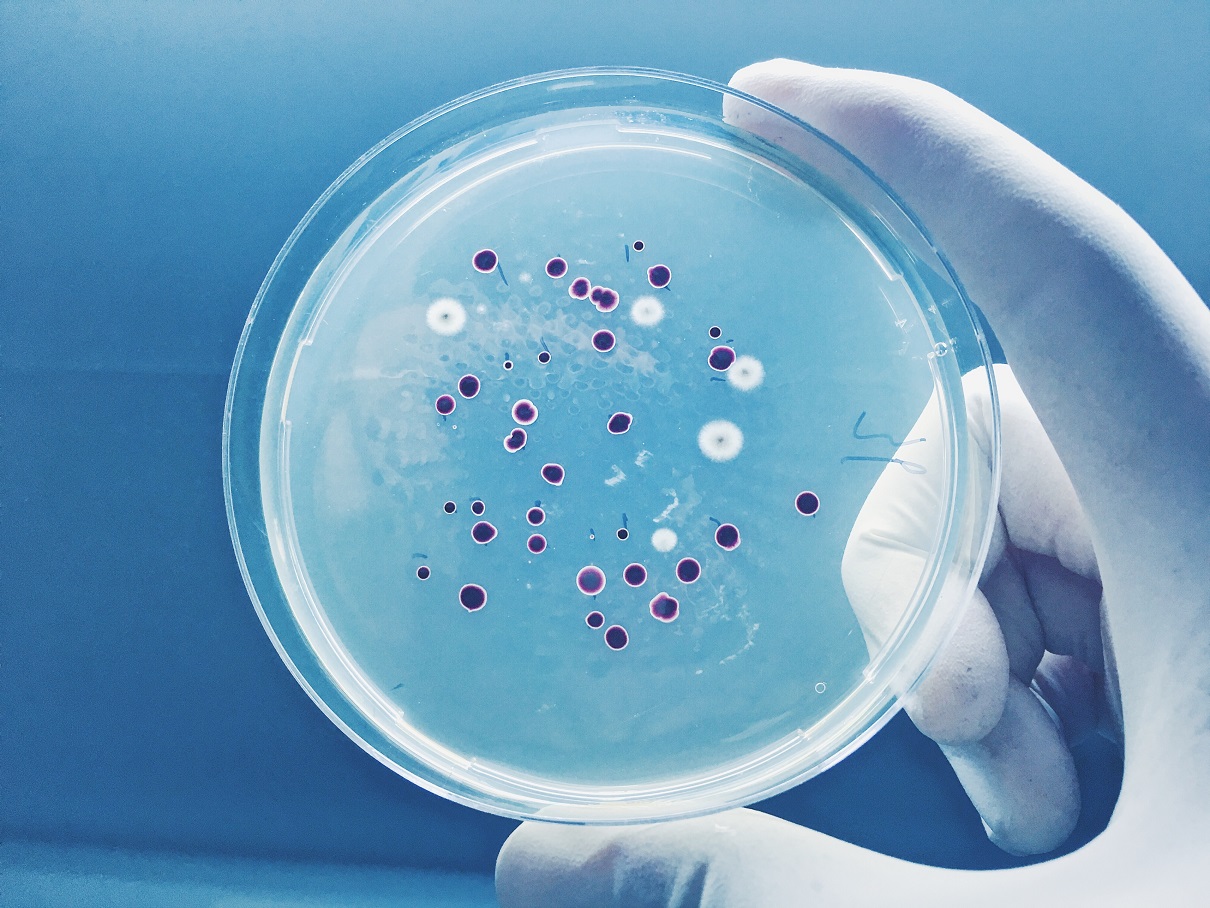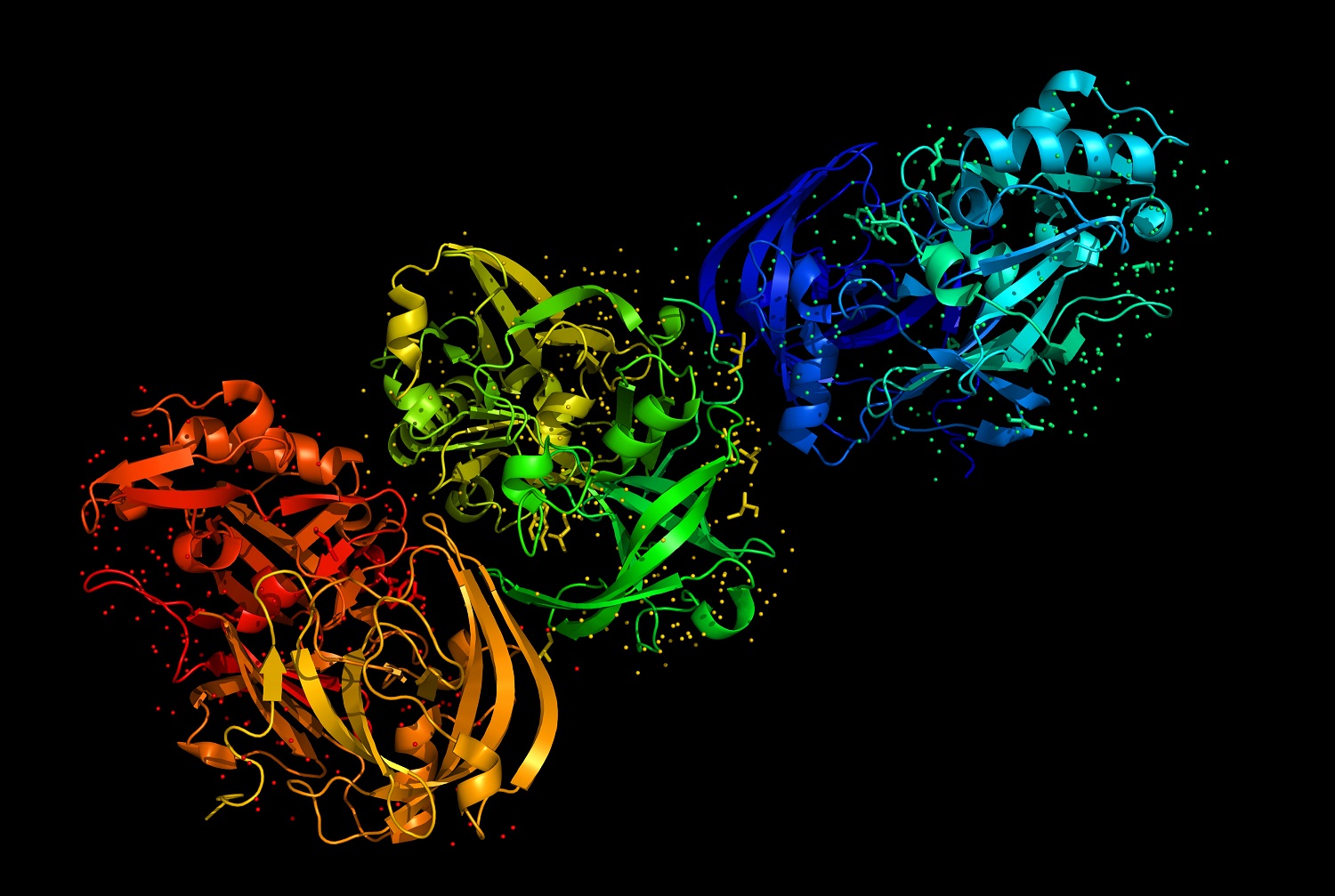Sustainable Bioproduction
Sustainable bioproduction offers the versatility to synthesize a wide range of chemicals and materials from renewable feedstocks by employing and improving enzymes or biocatalysts originating from the nature. In Chang lab, we aim to engineer microbial hosts, enzymes and pathways to develop novel bioprocesses for the production of value-added compounds in a sustainable manner.
Strain
Strain Engineering

Our laboratory is currently a part of the Synthetic Biology Research and Develop Programme (SBP) in Singapore to collect and repurpose proprietary microbial strains for synthetic biology applications. We seek to isolate, identify and characterize novel microbial proprietary strains from various resources. We are working towards the development of novel synthetic biology toolkits in the proprietary strains and further use them as workhorses for industrial practices. Such novel repurposed strains can be used for production of industry-relevant compounds (e.g., high-value chemicals, nutraceuticals, enzymes, proteins, etc.).
Protein
Protein Engineering
Enzymes have revolutionized bioprocesses and aided industrial production, and thus are highly sought-after commodities in both academia and pharmaceutical industry. They fulfil the central tenets of sustainable development and green chemistry. We seek to explore and characterize the native enzymes, improve their activities, and create novel functionalities through rational engineering and directed evolution, combined with high-throughput screening aided by high-end technologies. The novel engineered enzymes generated are evaluated for their potential as biocatalysts for various metabolic pathways to improvise final product output.

Pathway
Pathway Engineering

